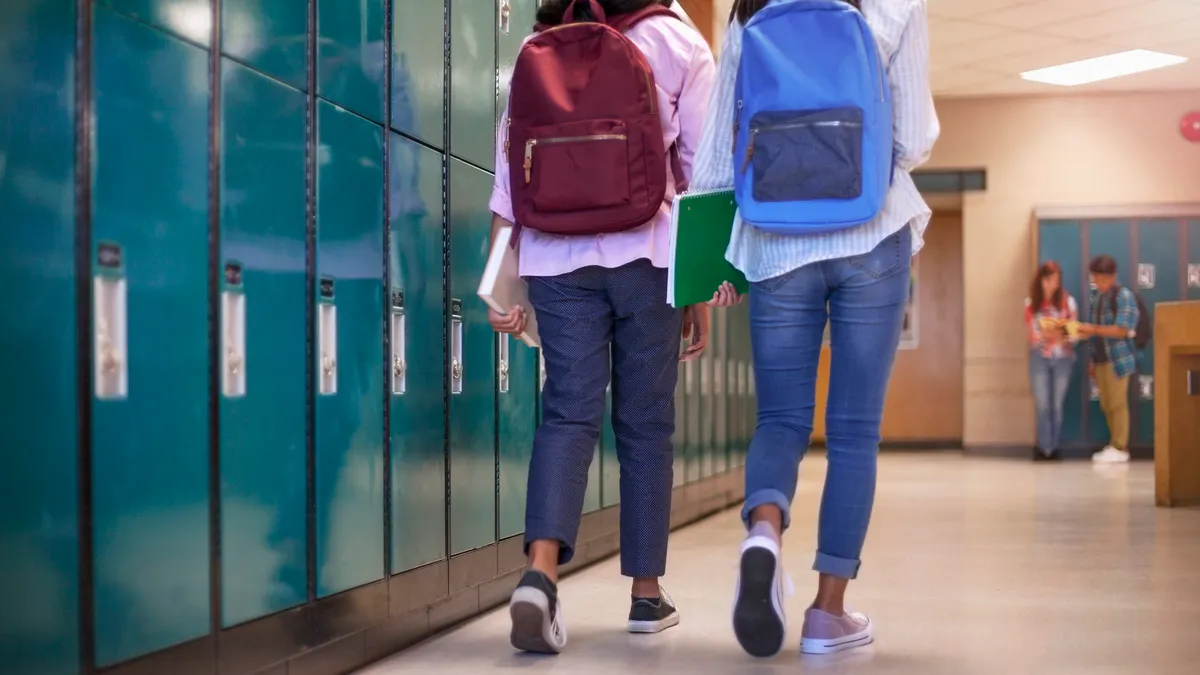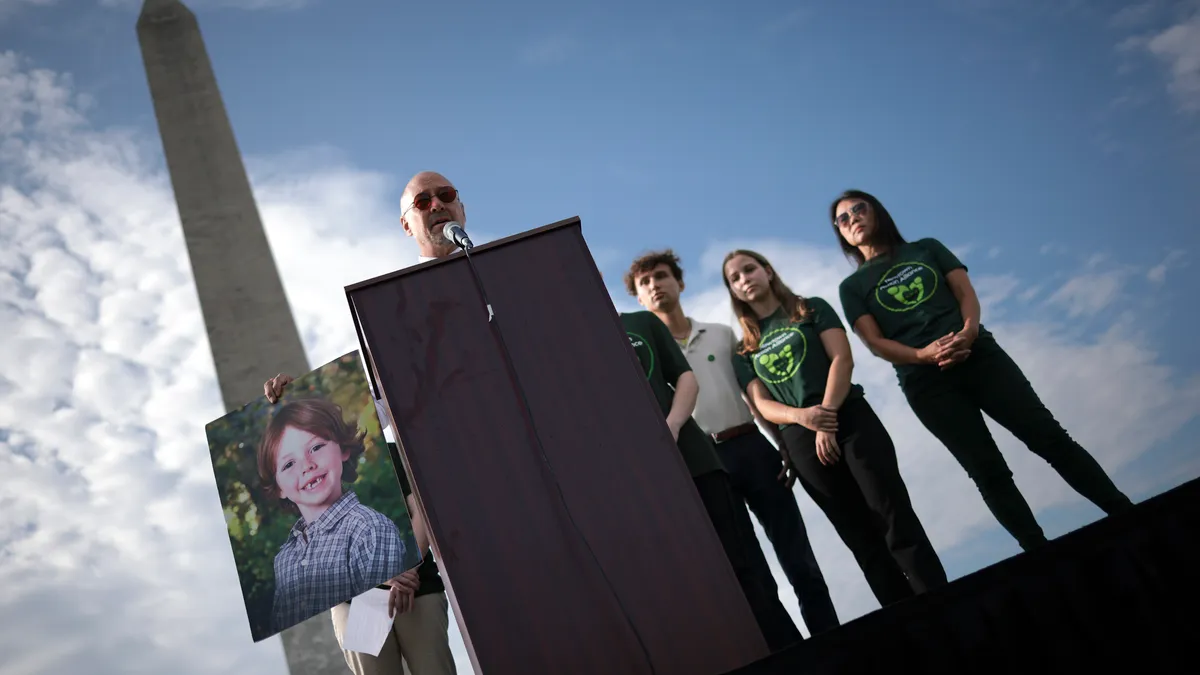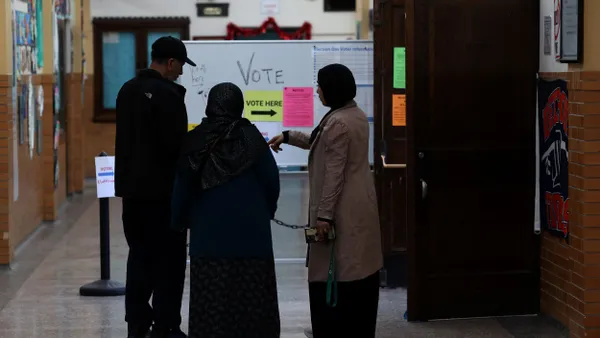Dive Brief:
-
The U.S. Department of Education published its priorities for grant distribution in the federal register Tuesday to increase student access to mental health services in schools. Together, the grant requirements would encourage states and districts to expand school-based mental health services by increasing, diversifying, recruiting and retaining school mental health staff.
-
One of the two grant proposals, the School-Based Mental Health Services Grant Program, will prioritize funding for states and districts that plan to recruit and retain mental health service providers, as well as states that respecialize existing social workers, counselors, psychologists or other mental health professionals to serve in schools through training.
-
The second proposal, the Mental Health Service Professional Demonstration Grant Program, would prioritize projects that partner high-need districts with higher education institutions to train school-based mental health services professionals. It also prioritizes projects that would increase professionals from diverse backgrounds.
Dive Insight:
The priorities for the grant funding, which has not yet been distributed, come just a few days after the Biden administration announced the two programs on Friday.
"The Novel Coronavirus Disease 2019 (COVID-19) pandemic brought on challenges for children and youth that impacted their overall emotional, psychological, and social wellbeing and their ability to fully engage in learning," the department said in the proposal. "The disruptions in routines, relationships, and the learning environment have led to increased stress and trauma, social isolation, and anxiety."
The funding is the first of nearly $300 million from the Bipartisan Safer Communities Act and the fiscal year 2022 budget allocated to expand mental health services in schools. This week, the Department of Education begins the process to distribute the funding.
On Monday, the same day the priorities were published, 14 members of Congress called on U.S. Secretary of Education Miguel Cardona to provide states with "comprehensive guidance" to ensure funding from the Bipartisan Safe Communities Act is used to create evidence-based programs. Lawmakers called the funding a "unique opportunity."
The legislation, passed in the wake of the May 24 massacre at Robb Elementary School in Uvalde, Texas, includes more than $1 billion for school improvement and school-based mental health services, in addition to other funds for schools.
In the letter, members of the U.S. House of Representatives wrote that the Education Department should ensure the funding "serves students, schools, and communities equitably and effectively." They called on the department to "help states and districts use such funds in the spirit of ESSA and to support schools and students with the greatest need."







 Dive Awards
Dive Awards






